Liver
-
Facebook
-
Twitter
-
Linkedin
Liver cancer is a serious disease that develops in the liver cells, with hepatocellular carcinoma (HCC) being the most common type. Risk factors include chronic hepatitis infections, excessive alcohol consumption, and fatty liver disease.
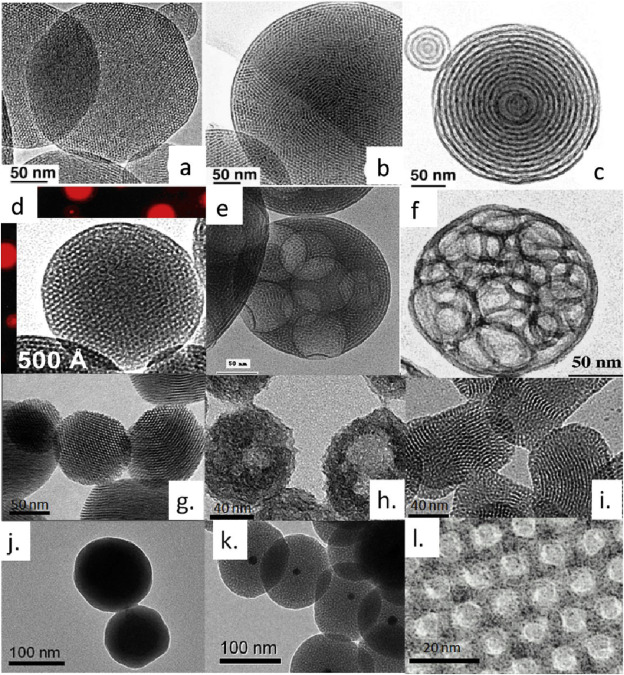
Peptide-Coated Nanoparticles Enhance Drug Delivery for Cancer Treatment
A new study reveals that peptide-coated nanoparticles can improve the delivery and efficacy of cancer drugs, potentially reducing side effects.
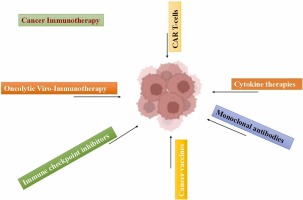
Adjuvant Cell Therapy Reduces Recurrence Risk in Early-Stage Liver Cancer
A comprehensive overview of the latest developments in cancer therapy, including immunotherapy and targeted treatments.
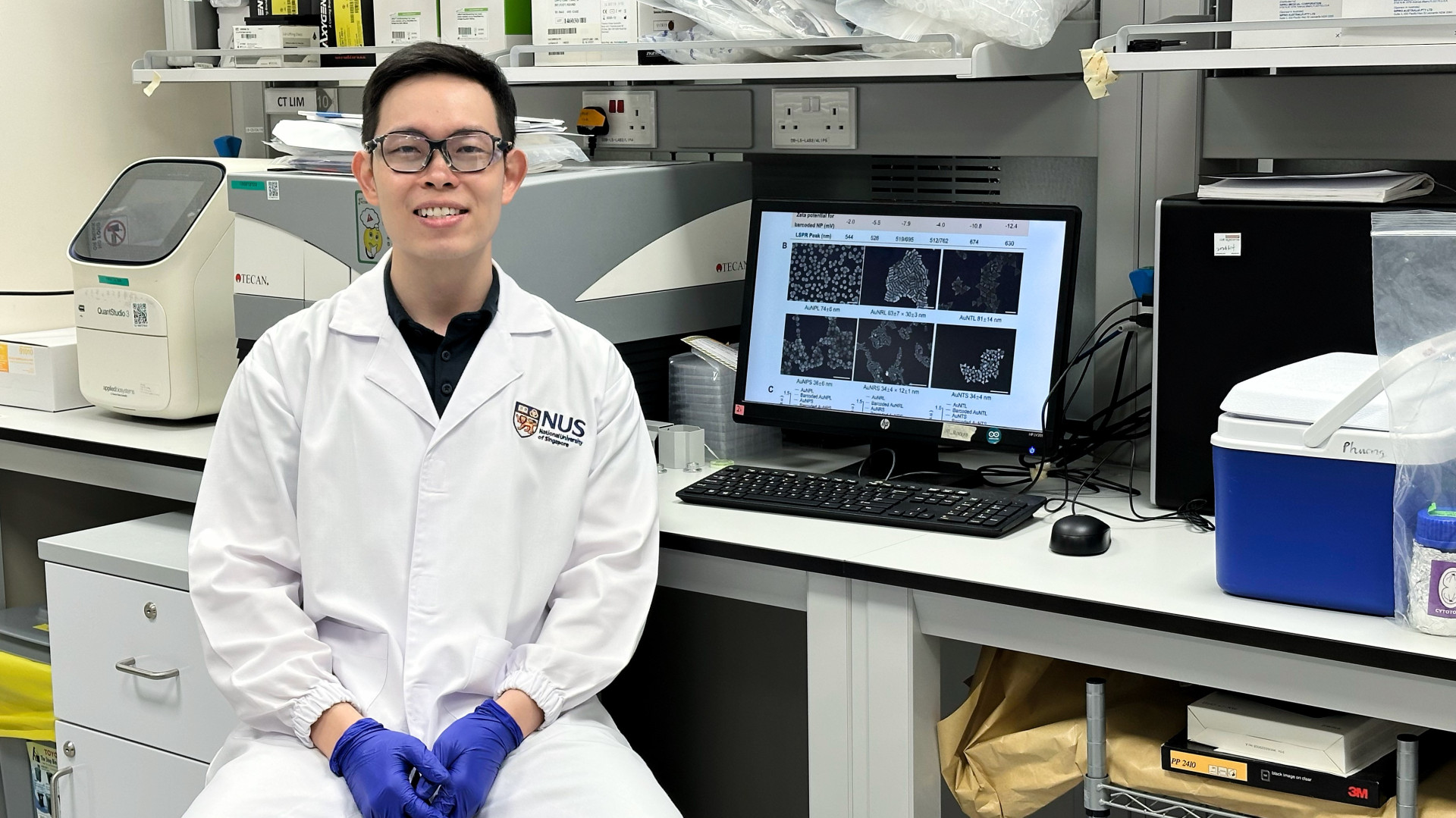
Scientists develop new form of cancer treatment using gold nanoparticles
A new cancer treatment that may just be worth its weight in gold. Scientists from the National University of Singapore are turning to extremely tiny gold nanoparticles to enhance the precision of treatments. Researchers found that gold nanoparticles of certain shapes, such as triangles, excel in delivering therapeutic nucleic acids.

Scientists develop novel adjuvant delivery system to enhance cancer vaccine effectiveness
Researchers at the Terasaki Institute for Biomedical Innovation have developed an innovative delivery system that could significantly improve the effectiveness of peptide-based cancer vaccines, according to a new study published in Advanced Functional Materials. The breakthrough centers on a new class of materials called lipopeptide hydrogels (LPHs), which show promise in boosting immune responses and possess adjuvant-like properties.
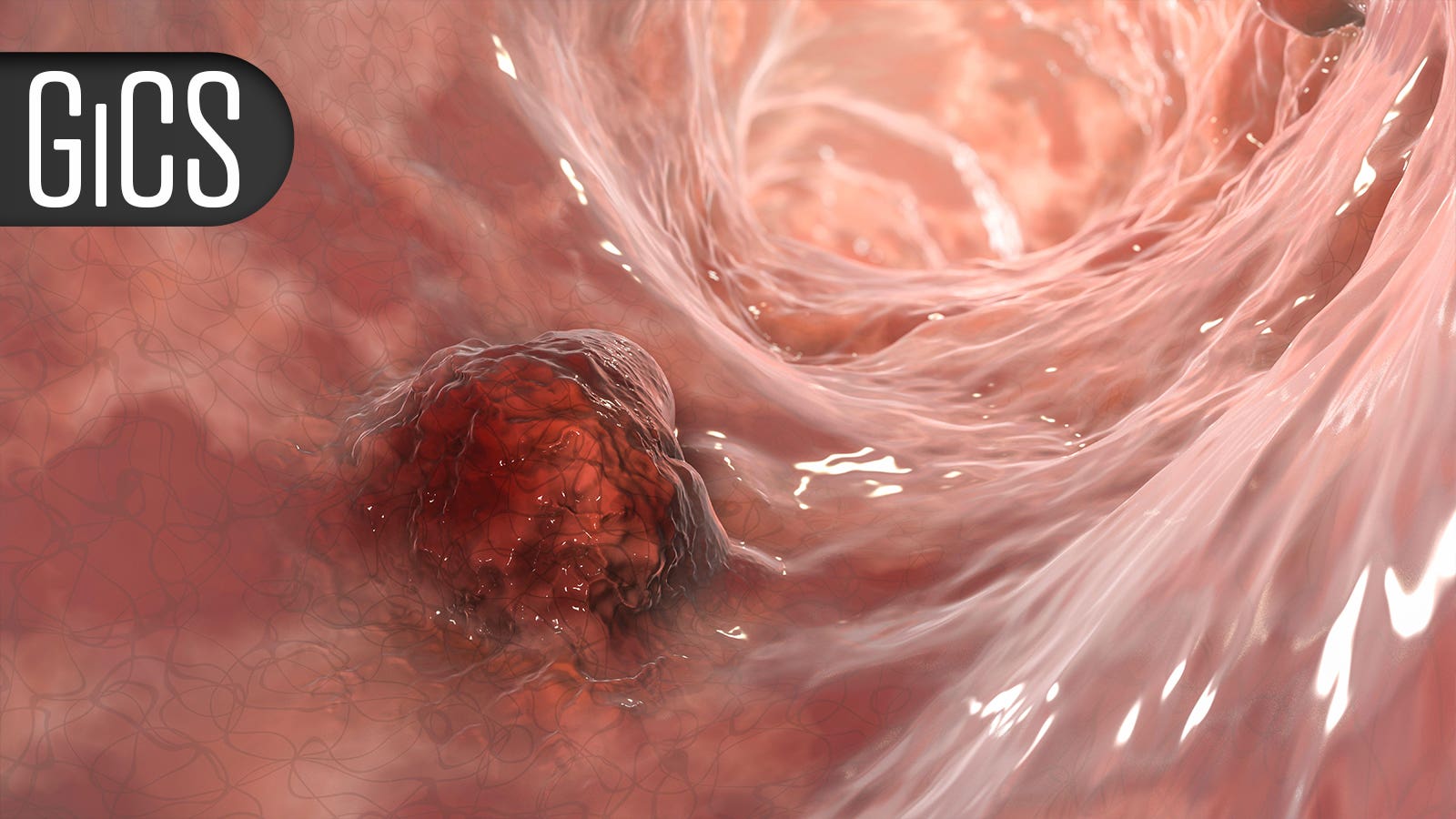
Immunotherapy-TACE Regimen Boosts PFS in Unresectable Liver Cancer
Add-on camrelizumab-rivoceranib also trended toward better OS in CARES-005

New drug combo offers hope for liver cancer patients
Researchers at Mount Sinai have achieved a significant breakthrough in treating hepatocellular carcinoma (HCC), the most common type of liver cancer. Led by Dr. Josep M. Llovet, Professor of Medicine at the Icahn School of Medicine at Mount Sinai, the team tested a combination of treatments that could help patients live longer without their cancer […]

This blood pressure drug may treat liver disease by reducing inflammation
This blood pressure drug may treat liver disease by reducing inflammation

Combination treatment for liver cancer significantly improves progression-free survival in global trial
Medical and health news service that features the most comprehensive coverage in the fields of neuroscience, cardiology, cancer, HIV/AIDS, psychology, psychiatry, dentistry, genetics, diseases and conditions, medications and more.
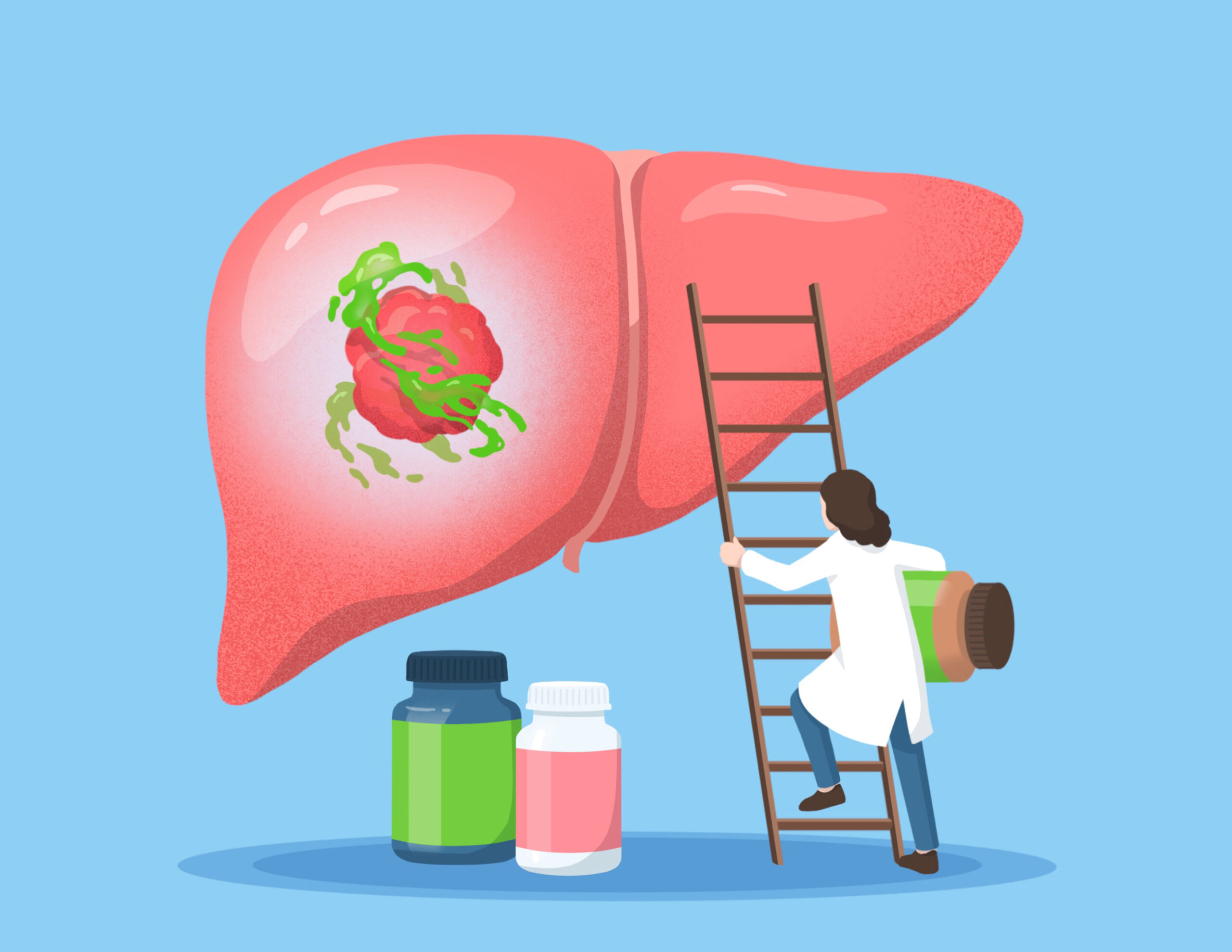
Bile acids impair liver cancer immunotherapy: A dietary supplement may offer relief
Immunotherapy is a modern approach to cancer treatment that uses a patient’s own immune system to help fight tumors. It has made an incredible impact on treating cancers in many different organ systems, including the lung, kidney, and bladder—but for other cancers, such as liver cancer, the therapy has been much less effective. This discrepancy is especially concerning as liver cancer rates have nearly tripled in the last 40 years.






